When debugging, I was expecting two different classes to be using the same instance of an object. All of the properties were the same for these two objects, but they were two different instances. Is there a way to tell that in the VS debugger?
In order to tell for sure, I was able to add a field to the class:
private string someId = Guid.NewGuid().ToString();
Then, when debugging, I could at least look at that field for each of the two instances. Is there a better way that wouldn't involve having to create this dummy ID field?

